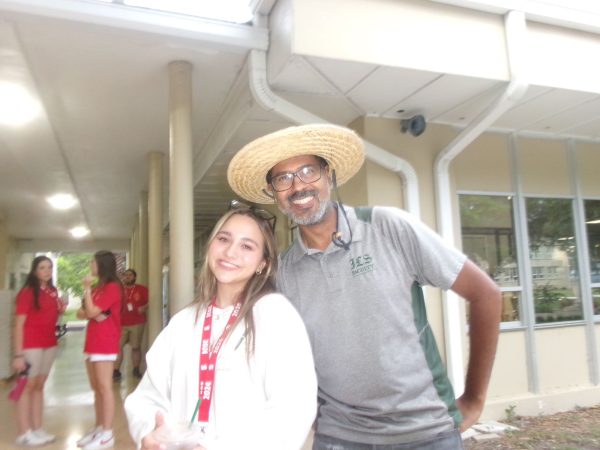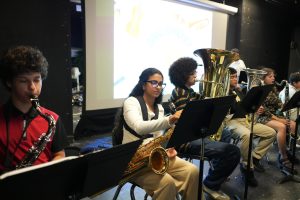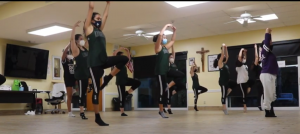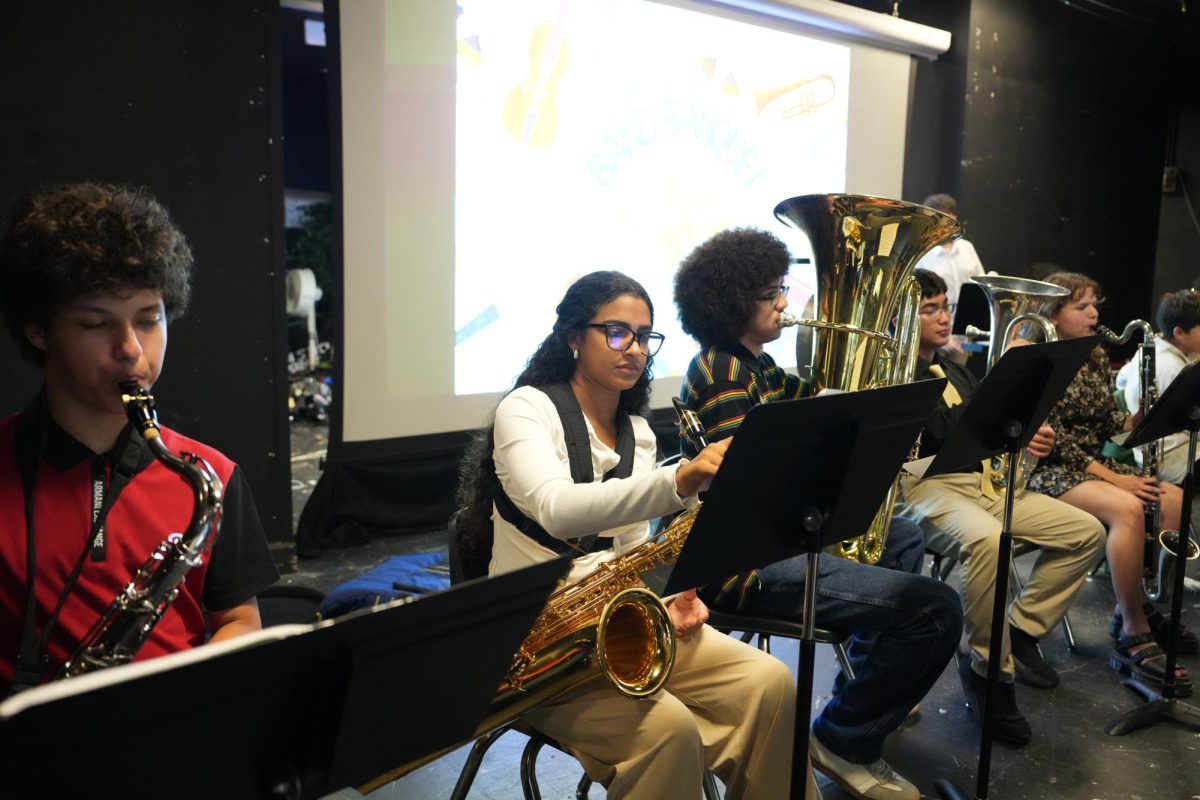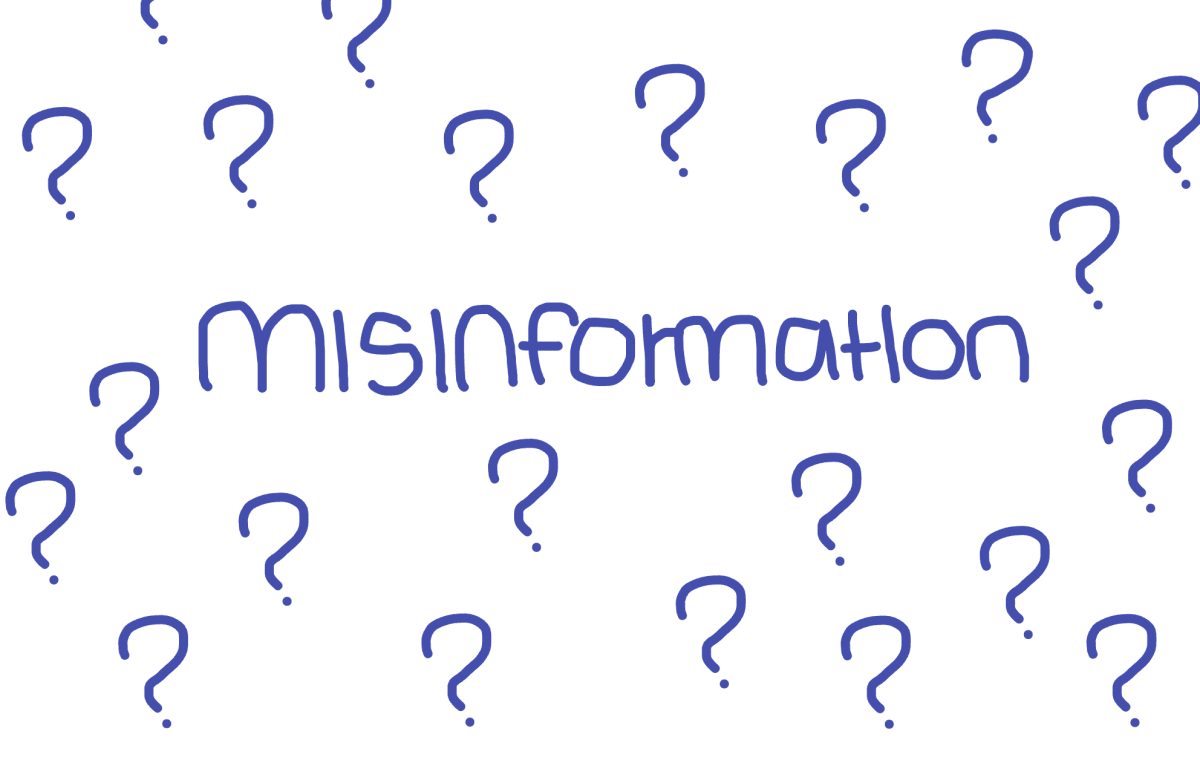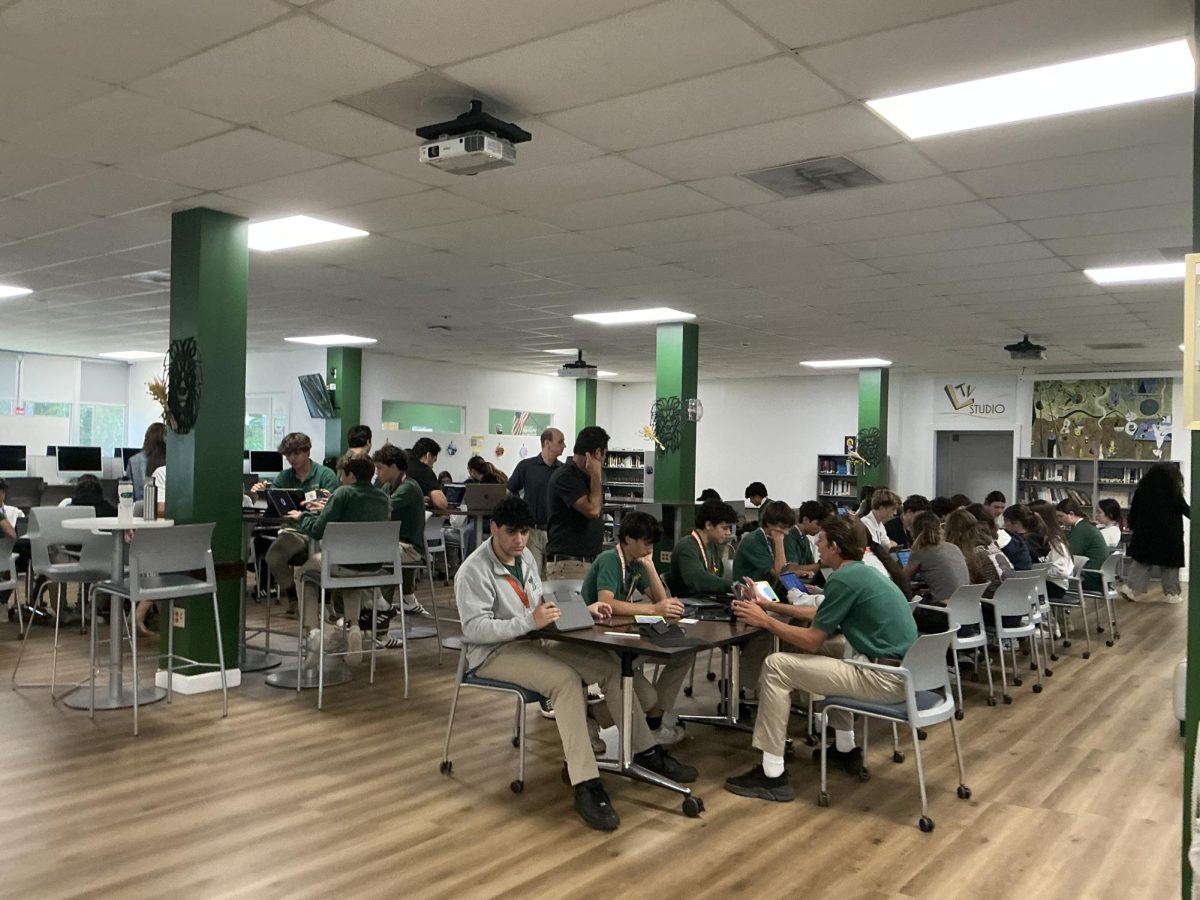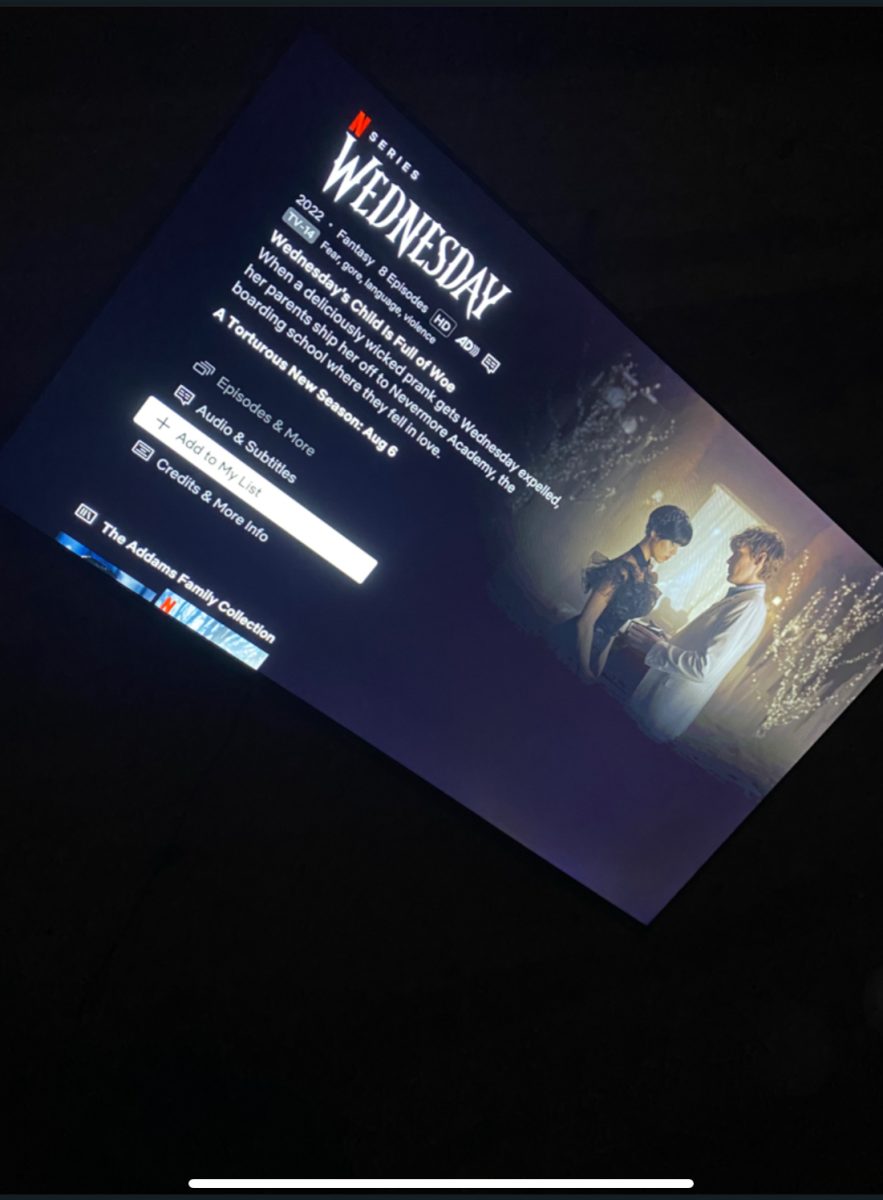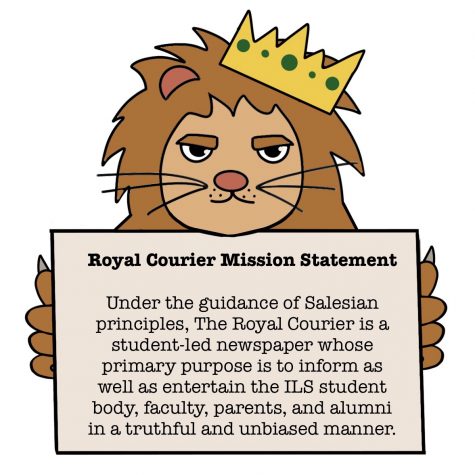Technology is Officially Taking Over: Hang on to Your Job
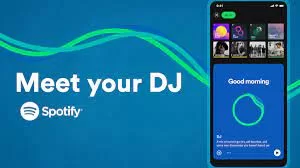
Photo Illustration: Antonella Velasquez
Spotify added AI into its app as a way to personalize music taste and song mixes.
March 16, 2023
These days, wherever you turn, there is less human activity, and more technological activity. There is now technology that cleans your house, makes your coffee, sends texts for you, serves you food, or could even write this article. Is it a real journalist behind this piece, or ChatGPT?
As society evolves, technology has taken over more and more. The question is, will this destroy or better perfect our lives ?
A leading force behind this evolution is Artificial Intelligence which focuses on machines designed to be intelligent enough to work and react like humans. It was created to essentially facilitate human tasks. Still, how much power should we be giving technology, and how soon will it be before it takes over?
Well, too much of everything and anything is dangerous and so is the case with Artificial Intelligence. AI has been proven to pass the hardest medical exams, law exams, write essays just about any topic, and stimulate human reactions. Artificial intelligence (AI) is hitting the mainstream, even though the first form of AI was invented in England way back in 1951.
Nowadays, AI is used in a wide range of applications, from our personal assistants like Alexa and Siri, to cars, factories, and healthcare. Even social has stepped into the future.
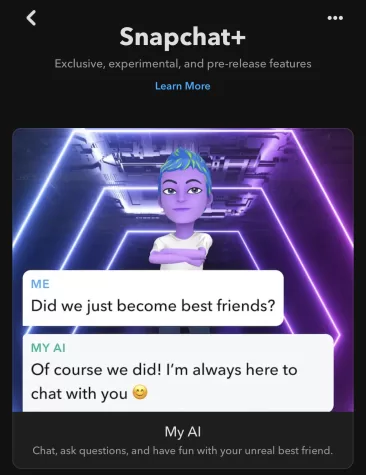
Apps like Snapchat and Spotify have inserted an AI option to help assist and make sure the app is as personalized as possible. Since AI is meant to mimic human intelligence, it is used to record data and allow a software to grow accustomed to the human preferences or personality. AI has the power to make massive improvements to our quality of life, but it’s not perfect.
“The development of artificial intelligence could spell the end of the human race,” said the renowned late physicist, Stephen Hawkins.
Other than advancement, AI opens doors for job losses, social manipulation, surveillance, bias, socioeconomic inequality, plagiarism, cheating and much more.
AI has become so popular that schools have had to begin using an Anti-AI software to verify the origins of the information.
Though some express “Kubrickian” consternation (check out the award-winning film, 2001: A Space Odyssey, directed by the notable Stanley Kubrick so you can see what I mean), it is important to realize that hundreds of years ago with the advent of the printing press, some worried that too many young people had their heads buried in books, and in the last century, the same dire warnings were shared regarding the advent of television, and yet most agree, society is better off today with these remarkable inventions.


